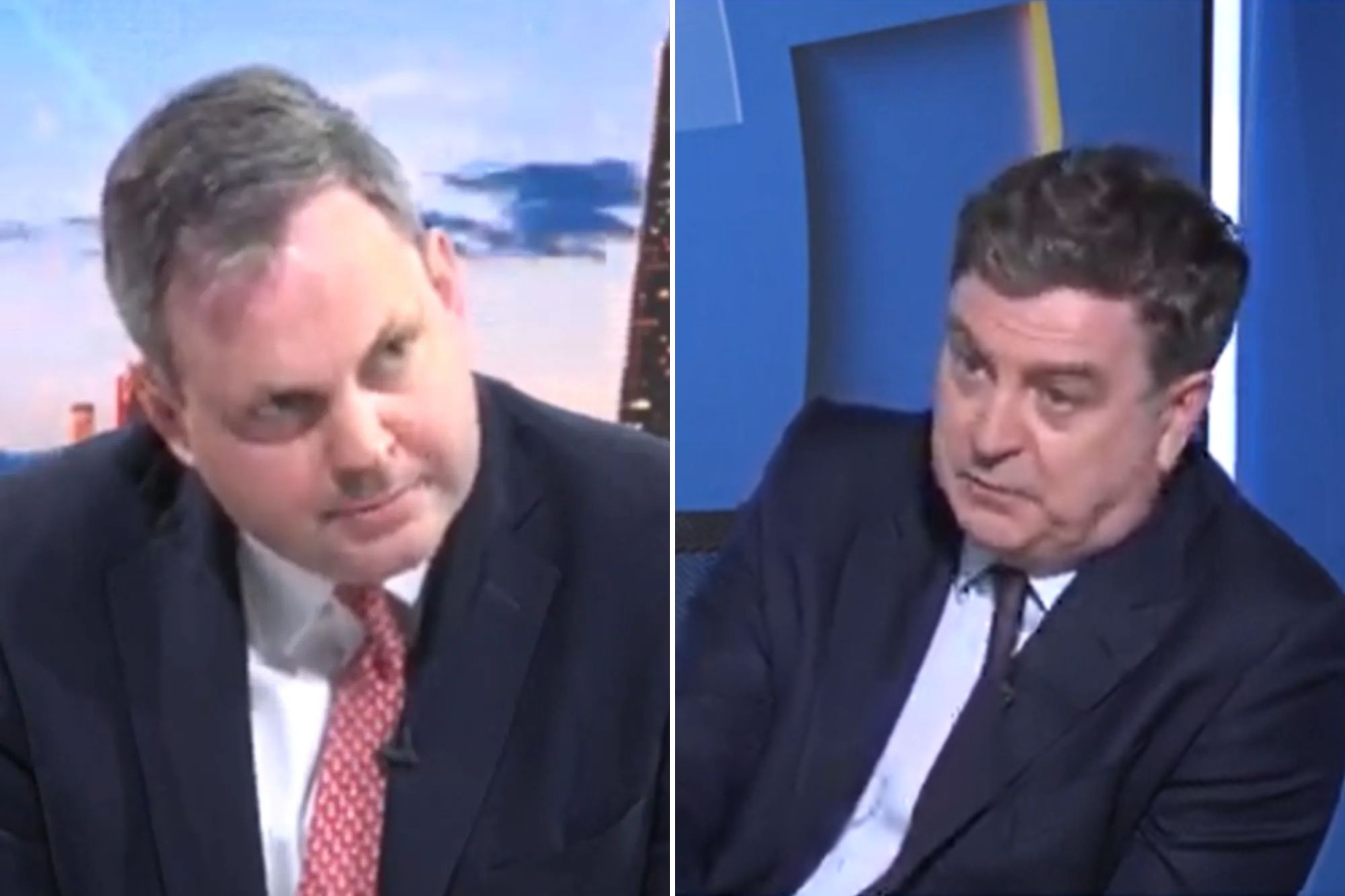Keir Starmer’s Government Faces Criticism as Economic Troubles Mount
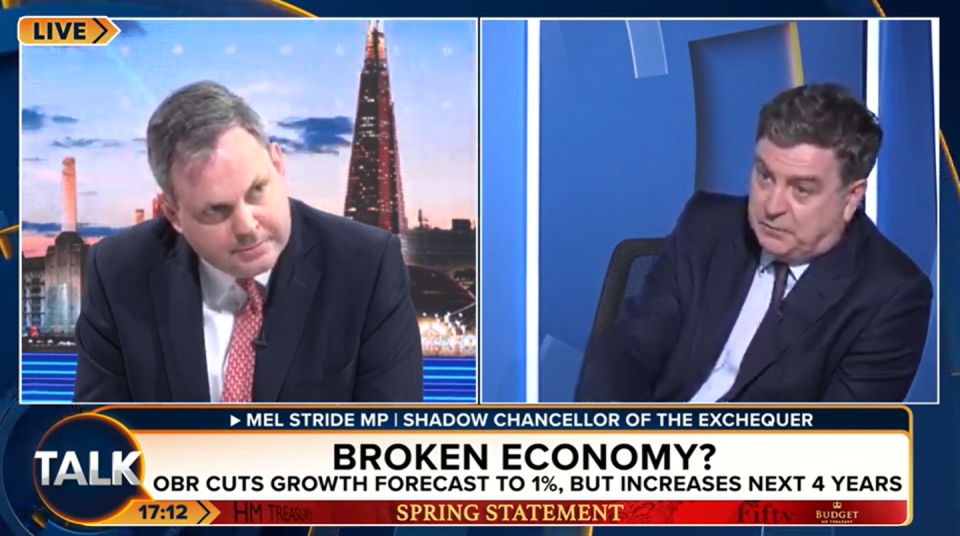
In a scathing critique, Shadow Chancellor Mel Stride has lambasted Sir Keir Starmer’s government for transforming the UK into a “mess” in a mere six months. Stride, a former Cabinet Minister, has expressed deep concerns over Labour’s handling of the economy, pointing to a rapid deterioration since they assumed office.
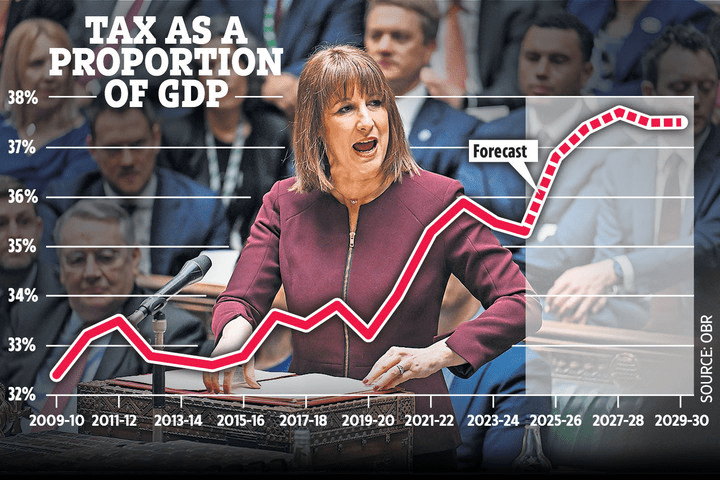
During an interview with Harry Cole, Political Editor of The Sun, on Talk Radio, Stride warned that unemployment is projected to rise under the stewardship of Rachel Reeves. He stated, “The Office for Budget Responsibility (OBR) indicates that the net result of all the changes they have implemented, which includes reversing many of our policies, will actually lead to fewer people in work—not just a neutral impact. In fact, unemployment is expected to increase as a direct consequence of their actions. Looking at the forecasts, unemployment is set to rise this year, next year, and the year after, without any sign of improvement thereafter.”
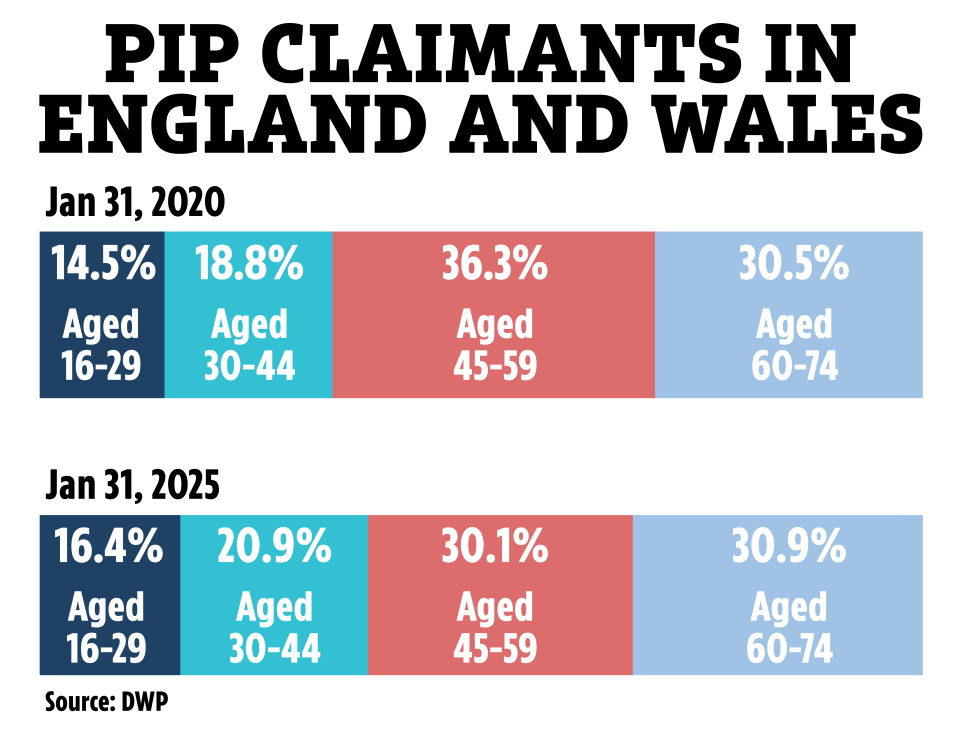
Stride continued to criticize the Chancellor for “talking down the economy”, asserting, “They have imposed a series of tax increases on businesses, borrowed extensively, and are spending as if we’re back in the 1970s, leading to upward inflationary pressure and escalating interest rates as a result. She has squandered all the financial headroom she once had.”
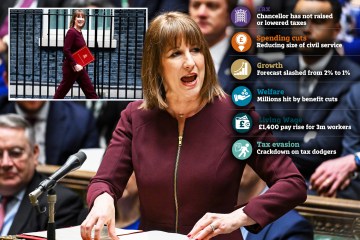
He added, “Regrettably, it has taken this government only eight months to create a complete mess of the economy.”
As the nation braces for an array of tax increases following a significant downgrade in growth forecasts, Rachel Reeves is now faced with the daunting task of implementing £14 billion in spending cuts. GDP is expected to grow by just one percent this year, erasing the government’s £9.9 billion financial cushion, amidst warnings of a potential resurgence in inflation. This situation significantly heightens the likelihood of further spending cuts or tax hikes in the upcoming budget to adhere to her “fiscal rules”.
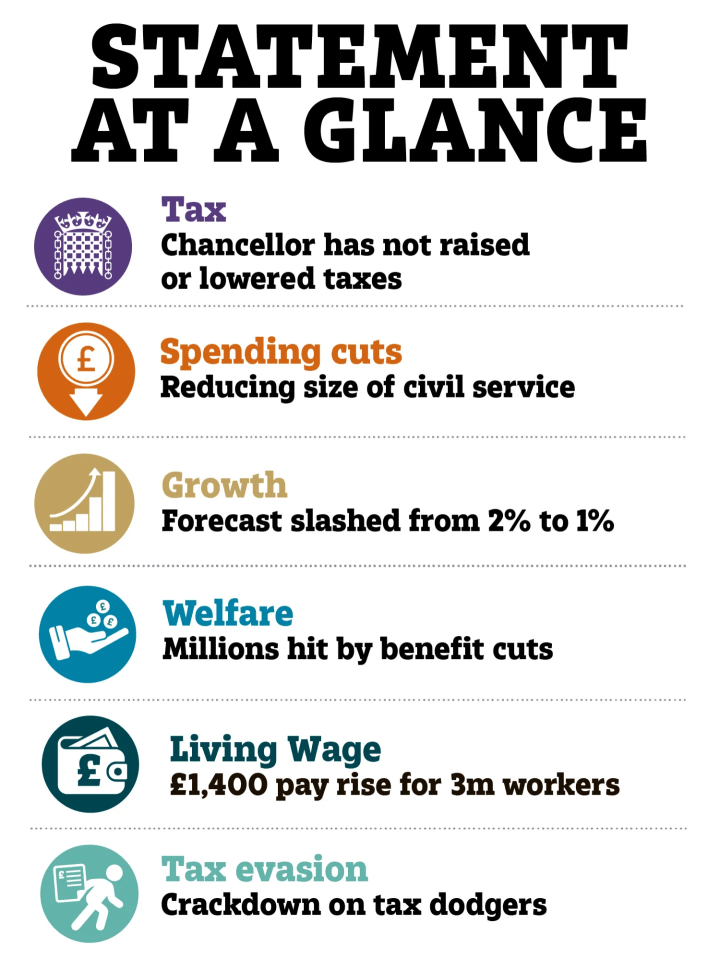
When questioned on Times Radio about the inevitability of these measures, Ms. Reeves responded, “No, it’s not.” However, when pressed further, she avoided definitively ruling out additional tax increases and spending cuts in the autumn. Advocating for an aggressive push towards growth, she stated, “If we pursue our planning reforms, pension reforms, and regulatory reforms with greater urgency, we can stimulate economic growth and increase funding for our public services. That is my primary focus.”
During the Spring Statement on Wednesday, key announcements were made, including:
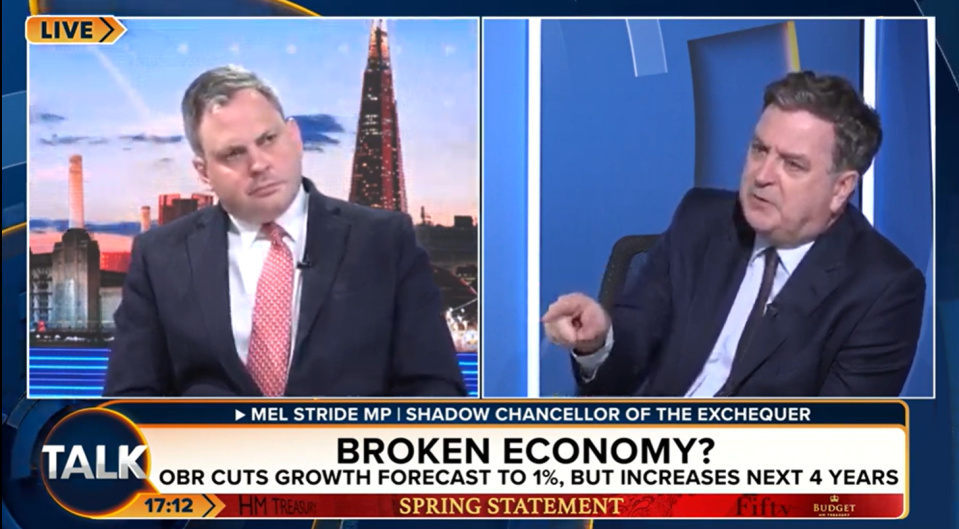
- No New Tax Increases: The Chancellor confirmed that no further tax hikes will occur and pledged to enhance efforts against tax avoidance, aiming to generate an additional £1 billion.
- Growth Downgraded for 2025: The OBR revised its GDP growth forecast for the next year from 2% to a mere 1%.
- Growth Boost from Planning Reforms: Newly introduced housing policies are anticipated to contribute a 0.6% increase to GDP over the next decade.
- Housebuilding Surge: An expected 1.3 million homes are to be constructed over the next five years, with construction reaching a 40-year high.
- £2.2 Billion Extra for Defence: Additional funding has been allocated to help meet the 2.5% of GDP target for defense spending.
- £400 Million Defence Innovation Fund: Funding aimed at supporting advanced technologies such as drones and AI for military applications.
- Welfare Shake-Up: Introduction of targeted employment support and welfare reforms aimed at reducing benefit expenditures.
- Civil Service Cuts: Implementation of new voluntary exit schemes and AI tools designed to streamline government operations.
Ms. Reeves finds herself under intense scrutiny following the OBR’s recent announcement, which slashed the UK’s annual growth forecast from 2% to 1%. The spending watchdog also ominously predicted an additional 0.6% hit to the economy if Donald Trump imposes a 20% tariff on the UK next month. They cautioned that the government’s plans to introduce European-style labor protections could severely hamper businesses and are likely to have a “net negative” impact on growth that has yet to be fully assessed.
In a scathing evaluation of the nation’s financial state, the Office of Budget Responsibility remarked that it’s a toss-up whether Reeves will be forced to raise taxes again in the autumn following last year’s staggering £40 billion tax increase. While the Chancellor attributes the economic instability to global factors, critics have accused her of stifling growth with her high-tax, high-spending approach last year, raising concerns that she may fall short again when the autumn budget is unveiled.

